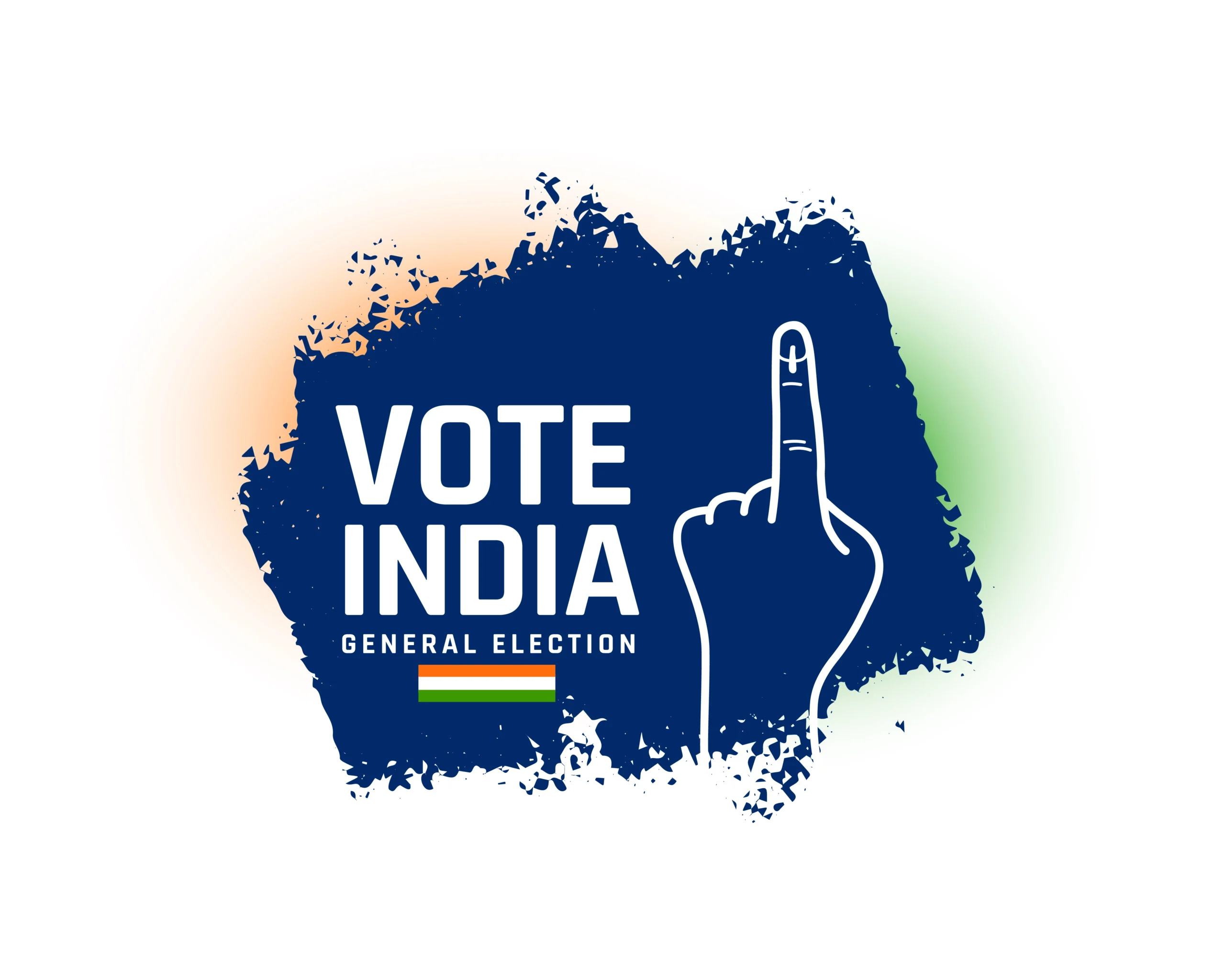Elections are fundamental to modern democratic societies, providing a structured method for people to choose their leaders and influence public policy. This article explores the concept of elections, their various types, processes, and significance.
What is an Election?
An election is a formal process through which individuals choose candidates for political office or decide on specific issues. It serves as a primary mechanism for democratic participation, enabling citizens to have a say in how they are governed. Elections can be held at various levels, including local, regional, and national, and they typically involve selecting representatives who will make decisions on behalf of the electorate.
Types of Elections
Elections can be categorized into several types, each serving different purposes:
1. General Elections
General elections are held to select members of a legislative body, such as a parliament or congress. These elections determine the overall composition of the government and often include the election of a head of state or government.
2. Local Elections
Local elections involve selecting officials for local government positions, such as mayors, council members, or school board representatives. These elections address issues that directly affect local communities.
3. Presidential Elections
In presidential systems, presidential elections are held to choose the head of state and government. These elections often involve a separate vote for legislative representatives and can be highly competitive.
4. Referendums and Plebiscites
Referendums and plebiscites are direct votes by the electorate on specific issues or policies. Unlike general elections, these votes are not about selecting representatives but rather about making decisions on particular questions.
The Election Process
The election process generally involves several key stages:
1. Voter Registration
Before an election, eligible citizens must register to vote. Voter registration ensures that individuals are listed on the electoral roll and can participate in the voting process.
2. Campaigning
Candidates and political parties engage in campaigning to persuade voters to support them. Campaign activities include debates, advertisements, rallies, and direct interactions with voters.
3. Voting
On election day, registered voters cast their ballots. Voting can occur in various ways, including in-person at polling stations, by mail, or through electronic means, depending on the jurisdiction.
4. Counting and Results
After voting ends, the votes are counted, and the results are announced. The candidate or option with the most votes is declared the winner. In some systems, if no candidate receives a majority, a runoff election may be held.
5. Post-Election Procedures
Post-election procedures include the certification of results, the transition of power, and addressing any disputes or irregularities that may arise during the election process.
Importance of Elections
Elections play a crucial role in maintaining democratic governance and ensuring that power remains with the people. Here are some key reasons why elections are important:
1. Representation
Elections allow citizens to choose representatives who reflect their views and interests. Elected officials are accountable to their constituents and must work to address their concerns.
2. Legitimacy
Elections provide legitimacy to the government by demonstrating that it has been chosen through a fair and transparent process. This legitimacy is essential for maintaining public trust and stability.
3. Participation
Elections encourage political participation and engagement among citizens. By voting, individuals can influence the direction of public policy and contribute to shaping their community and country.
4. Change and Reform
Elections provide a mechanism for political change and reform. If voters are dissatisfied with current leadership or policies, they can elect new representatives or support different proposals.
Challenges in the Election Process
Despite their importance, elections can face several challenges:
1. Voter Apathy
Voter apathy, where citizens are disinterested or disengaged from the electoral process, can undermine the effectiveness of elections. Encouraging voter participation is crucial for a representative democracy.
2. Electoral Fraud
Electoral fraud, including tampering with votes or manipulating results, can compromise the integrity of elections. Ensuring robust security measures and transparency is essential to prevent fraud.
3. Discrimination and Barriers
Certain groups may face barriers to participating in elections, such as discriminatory practices or logistical challenges. Addressing these barriers is important to ensure equal access to the electoral process.
4. Campaign Financing
The influence of money in elections can lead to concerns about fairness and equity. Regulations on campaign financing are necessary to prevent undue influence and ensure a level playing field for all candidates.
Conclusion
Elections are a cornerstone of democratic societies, providing a means for citizens to exercise their political rights and shape their governance. By understanding the types of elections, the election process, and the importance of voting, individuals can better appreciate their role in the democratic system. Despite challenges such as voter apathy and electoral fraud, maintaining a transparent and inclusive electoral process is crucial for the health of democracy. Through active participation and informed voting, citizens can contribute to the continued evolution and improvement of their societies.



